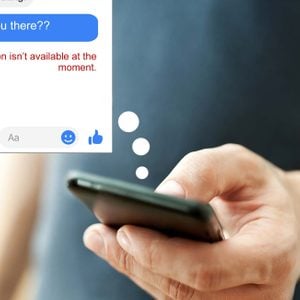How to Recover a Hacked Facebook Account
Updated: Jun. 02, 2023
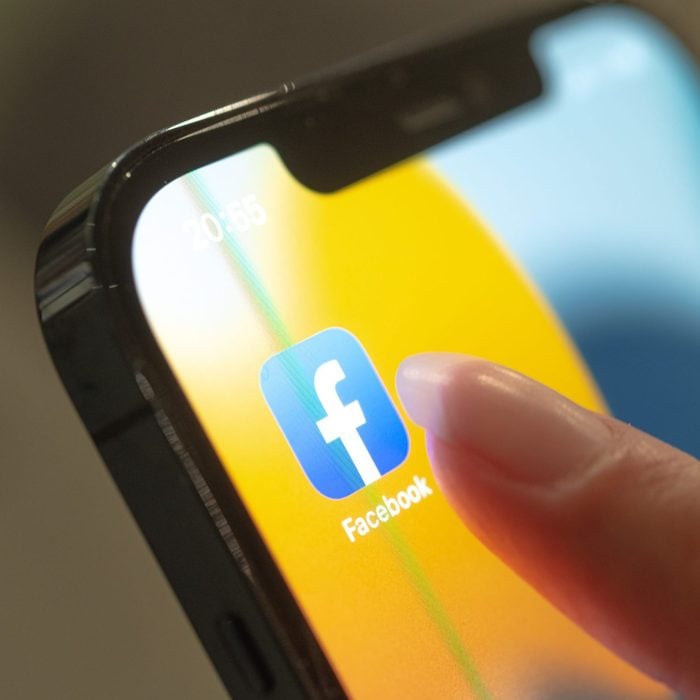
Whether your account has been compromised or you want to level up security, here's what you need to know about recovering a hacked Facebook account
You try to log in to Facebook to wish a friend happy birthday, but something isn’t right. You find yourself asking the dreaded question: How to recover a hacked Facebook account?
TikTok and Instagram may be the cool social media sites, but with nearly 3 billion active users worldwide, Facebook is the biggest fish in the sea. It’s also a prime target for hackers. Though there isn’t an official statistic for the number of hacked Facebook accounts, one pre-pandemic estimate hovered around 160 million per day. Since pretty much every type of cybercrime rose last year, according to SonicWall’s 2022 Cyber Threat Report, your chance of getting hacked on Facebook now is probably higher than ever. So it’s smart to arm yourself with information on how to get your Facebook account back.
Possibly even more important, though, is knowing how to prevent these cybercriminals from getting your personal information in the first place. After all, it’s often user-posted details that draw hackers to your account.
The personal info you post without a second thought—birthdays, anniversaries, hometowns and more—is easily accessible by the bad guys. “That’s all juicy information for hackers, who can use it to help break into other accounts you have,” says Kevin Cleary, interim information security officer at the University at Buffalo in New York.
Just as it’s important to protect yourself from Facebook scams and Facebook Marketplace scams—all online scams, really—it’s crucial that you take steps to protect against hackers. Keep reading to learn how to avoid being hacked and how to recover a hacked Facebook account, then find out how to tell if your computer was hacked.
How a Facebook account gets hacked
There are two main ways your info could be leaked, and both have to do with data breaches. In the first scenario, there’s a data breach on Facebook itself, like one reported last year that exposed the accounts of more than 530 million users. There’s not much you can do to prevent that sort of breach.
But you do have control over the other cause of a hacked Facebook account. It comes down to an easily rectified password mistake.
A lazy, reused password could make it easy for hackers to go from breaching the data of one company to accessing your Facebook account. “People use the same password for Facebook as they do for other sites, so if there’s a breach at a small company, your password is exposed,” says Cleary. “Cybercriminals try that password on other sites, including social media.”
And it’s not just websites that can expose your reused password. There are everyday things that could be hacked—like Smart TVs—and used to advance a hacker’s goal when it comes to your Facebook account.
Signs your Facebook account has been hacked
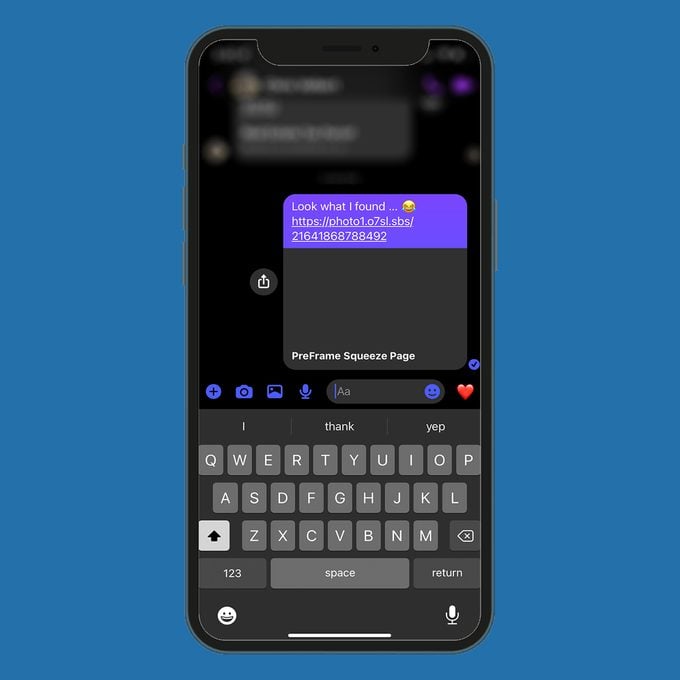
If your Facebook account gets hacked, you’ll probably figure it out (or get a heads-up from a friend) pretty quickly. That’s because the signs are fairly obvious—clearer than the signs you’re about to be hacked. According to Facebook, you should look out for the following things that can happen if your Facebook account is hacked:
- Changes to your email, password, birthday and/or name
- Friend requests sent to people you don’t know
- Messages sent that you didn’t write
- Posts made that you didn’t create
How to recover a hacked Facebook account you can access
It’s unsettling to know that a cyber creep can see all your personal photos and heartfelt posts—and reach out to your friends and family members while pretending to be you. The steps below explain how to recover a hacked Facebook account if you still have access to it.
1. Change your password right away
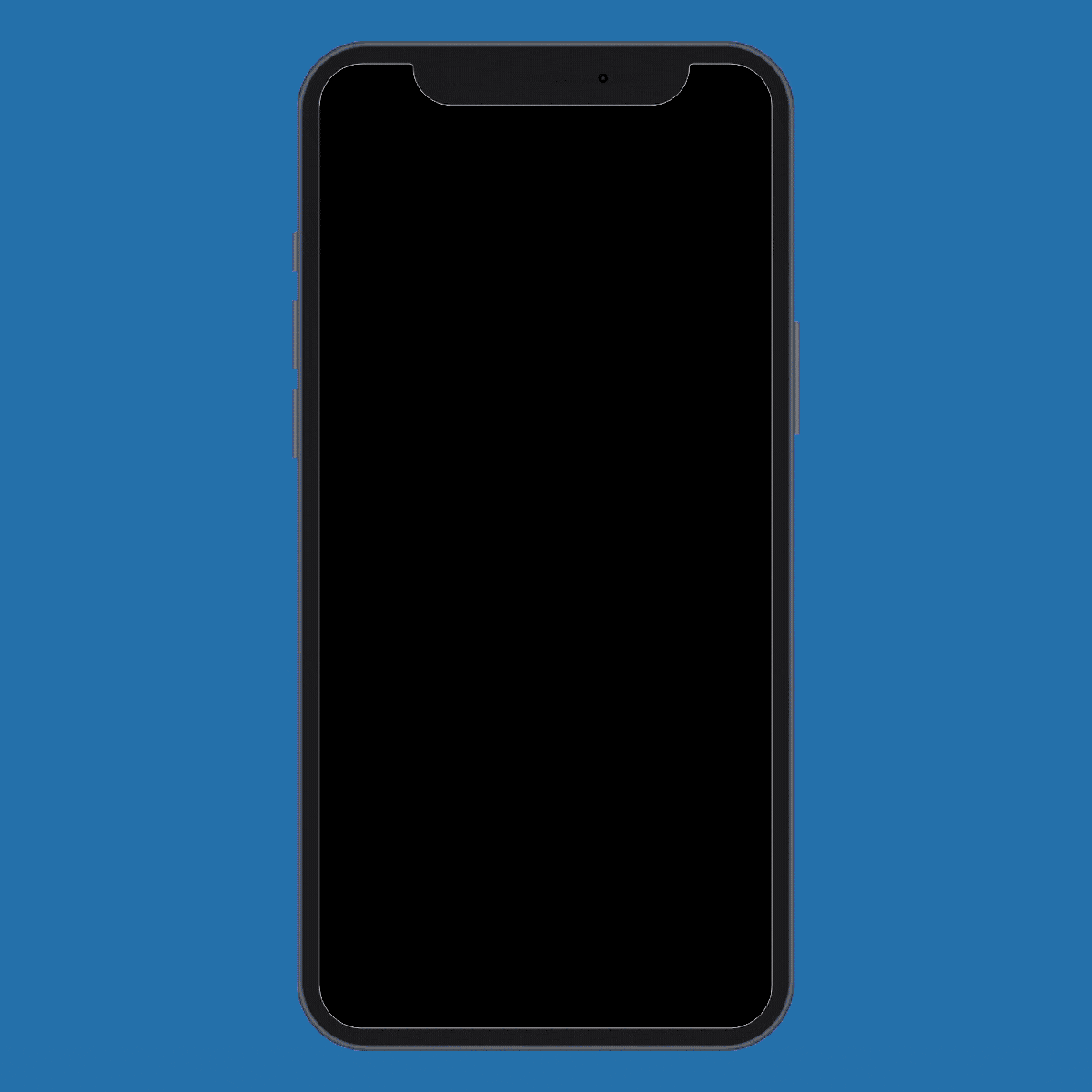
- Click on “Settings and Privacy.”
- Select “Password and Security.”
- Click on “Change Passwords.”
2. Check what devices are logged in to Facebook
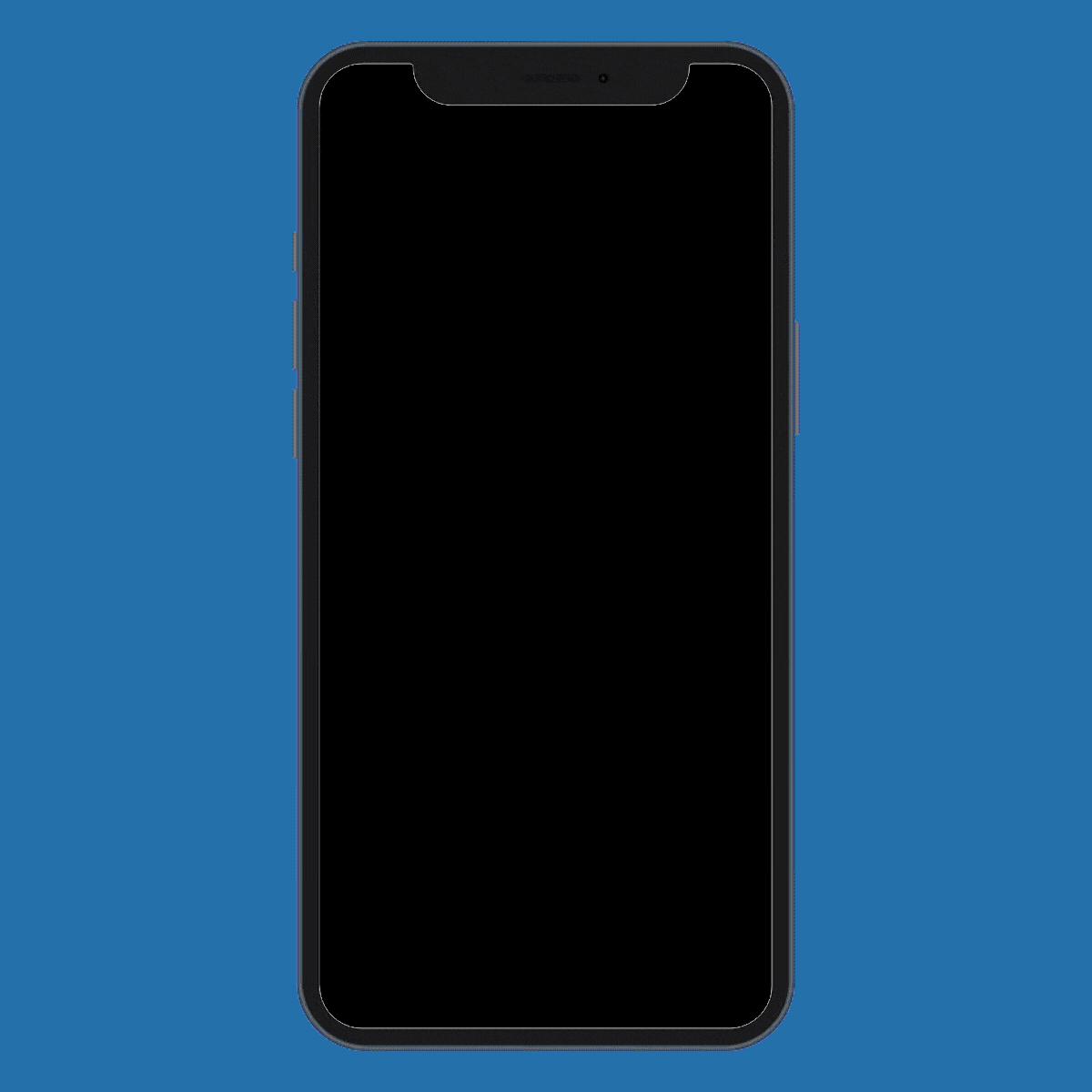
The “Password and Security” page also includes a list titled “Where You’re Logged In.” If there’s a login that you don’t recognize, follow these steps:
- Click on the suspicious login.
- Select “Secure Account.”
- Follow the on-screen steps, which will walk you through exactly how to recover your hacked Facebook account.
3. Alert Facebook
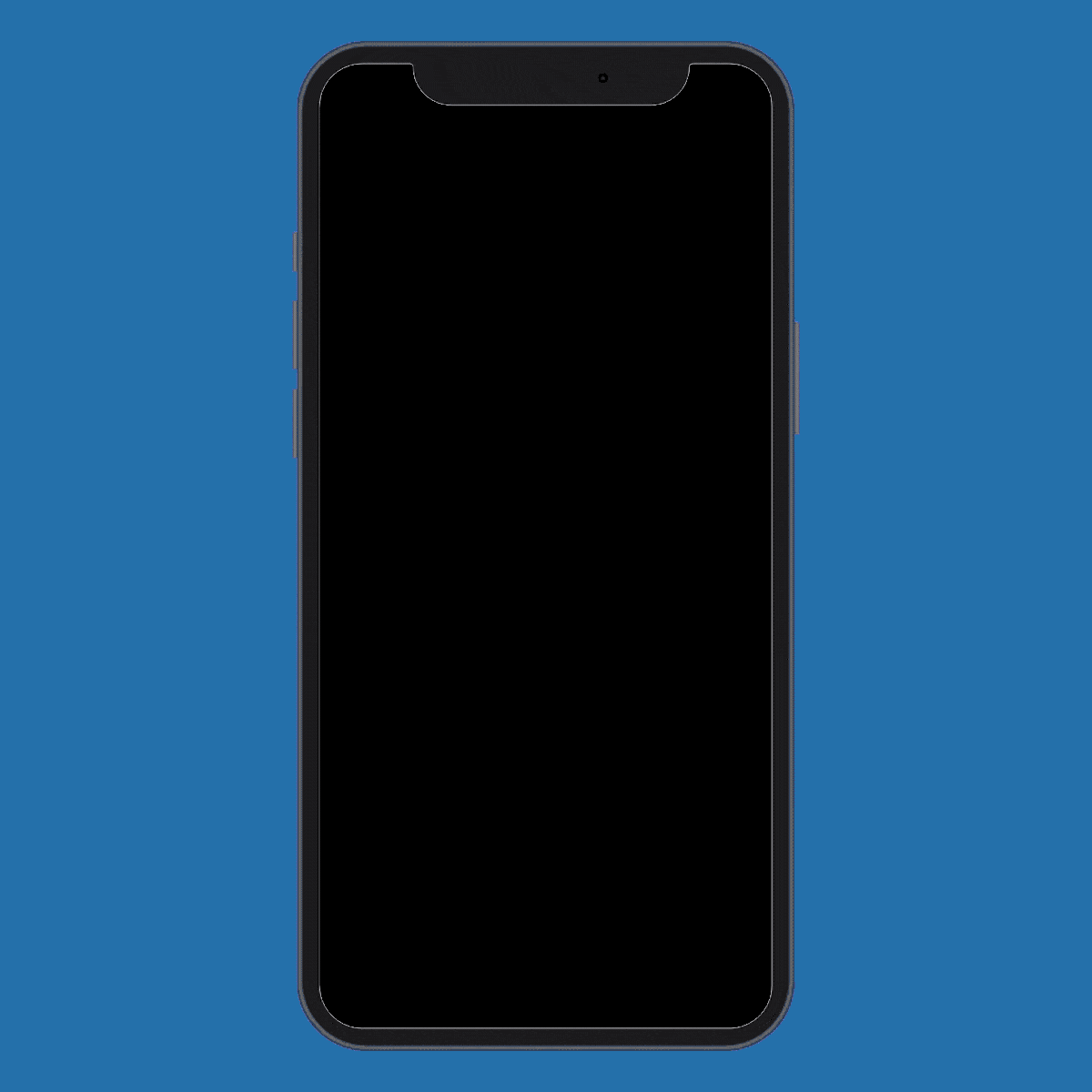
Even if you recognize all the logins on your account, you should give Facebook a heads-up that something is going on with your account. Here’s how:
- Navigate to the “Password and Security” page.
- Click on “Get Help.”
- Report the incident.
4. Report the cybercrime
While there’s usually no need to call your local police precinct, the FBI recommends filing a complaint with the Internet Crime Complaint Center at ic3.gov.
How to recover a hacked Facebook account you can’t access
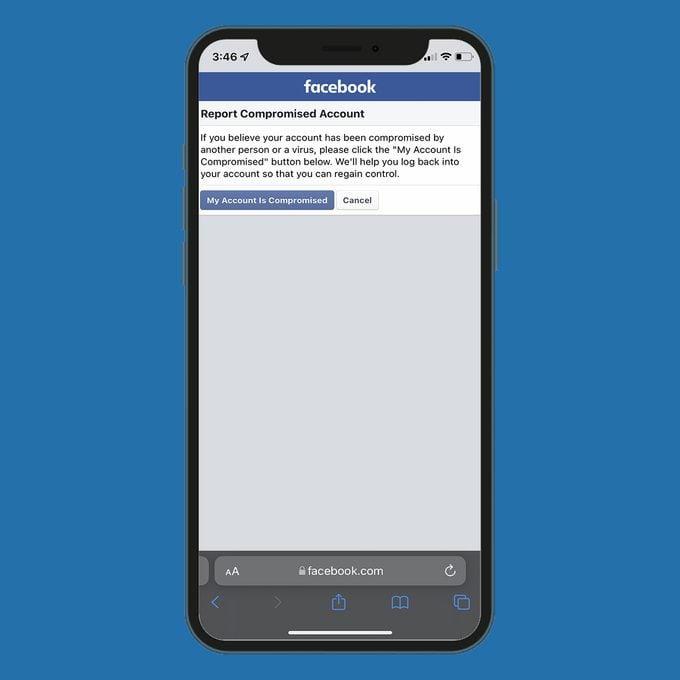
1. Use backup information
If you’re locked out of your account, go to Facebook.com/hacked. It will prompt you to enter the phone number you used to open the account. Facebook will help you regain access to your account and suggest security measures for the future.
Should Facebook notice strange activity on your account, it may try to protect you and lock your account. You can take steps to unlock the account, but do it within a year. After that, the company might delete it.
How to prevent your Facebook account from being hacked again
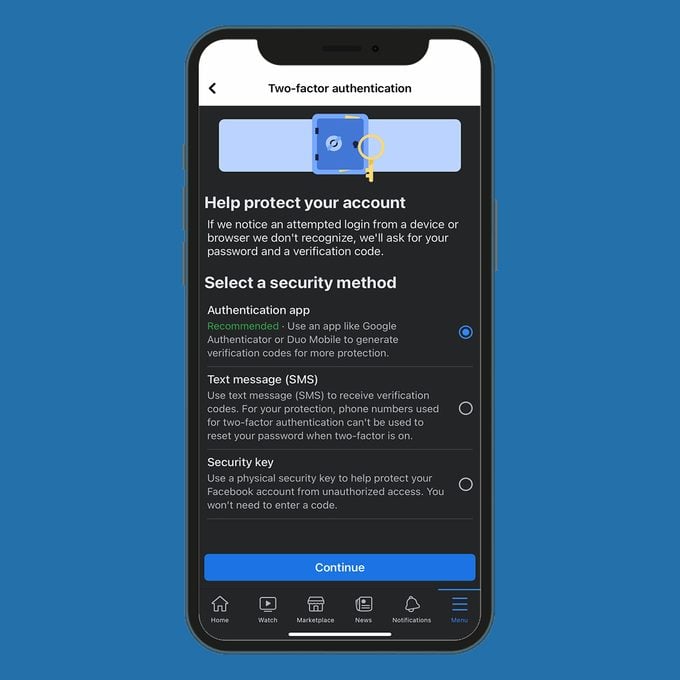
The bad guys don’t need a ton of information to get into your account—you’d be amazed at what hackers can do with just your cell phone number—so it’s up to you to make the process as difficult for them as possible.
The good news: You have more control than you might think when it comes to preventing your account from falling into the wrong hands, says Cleary. Take these steps to limit the chance that your account will be hacked.
1. Strengthen your password
“Think of it more like a passphrase with at least 16 characters, rather than a single word,” says Cleary. Ideally, you won’t use this password on any other sites. If keeping all your passwords straight becomes a hassle, Cleary recommends using password manager software. And whatever you do, avoid these easy-to-guess passwords.
2. Set up two-factor authentication
This feature is possibly the greatest cybersecurity trick of all. Here’s how it works: If Facebook notices a login attempt from a device or browser that you haven’t previously used, it’ll ask for a password plus a verification code that the site will send to you by text or through an app. Only then will you receive access.
To set this up, go to the “Password and Security” page of Facebook. Select “Two-Factor Authentication” and follow the process.
3. Disable connected apps
It’s convenient to use your Facebook account to sign on to third-party apps and websites, but it’s not the best idea when it comes to cybersecurity. Doing so gives these apps access to your data. To check which apps and sites you’ve connected to your Facebook account, go to “Apps and Websites” in your account settings. There, you will see a list of connected apps and websites and can remove them.
4. Set up extra security features
Consider this Facebook hack an in-case-of-emergency button: how to recover your Facebook account through friends. On the same “Password and Security” screen, you can sign up to receive an alert about an unrecognized login and choose three to five trusted friends to receive links and codes from Facebook on your behalf. You can call those pals for the info and use it to recover your hacked Facebook account.
5. Limit the personal information you share
While the amazing meal you had at a restaurant last week won’t be of much use to hackers, basic personal information just may be. “Do you really need to include your marital status or where you were born?” asks Cleary. “Leaving off those details will help limit your chance of cybercriminals being able to reverse engineer security questions to get into your online banking and other accounts.”
Once you’re back up and running, find out whether you can see who’s viewed your Facebook profile and learn how to block someone on Facebook Messenger.
Get Reader’s Digest’s Read Up newsletter for more tech, humor, cleaning, travel and fun facts all week long.
Sources:
- Kevin Cleary, interim information security officer at the University at Buffalo in New York
- Statista: “Number of monthly active Facebook users worldwide as of 2nd quarter 2022”
- SonicWall: “2022 SonicWall Cyber Threat Report”
- New York Post: “Big Brother 2.0: 160,000 Facebook Pages Are Hacked a Day”
- NPR: “After Data Breach Exposes 530 Million, Facebook Says It Will Not Notify Users”
- FBI Internet Crime Complaint Center: “Filing a Complaint with the IC3”

